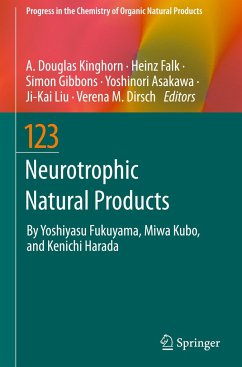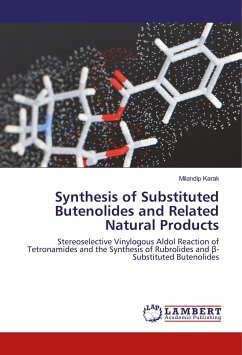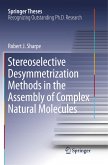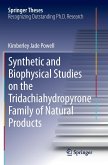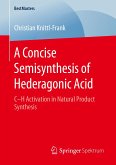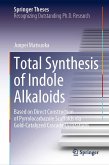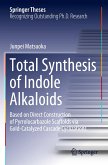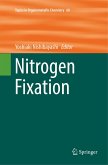This book deals with neurotrophins (NGF, BDNF, NT3, NT4), which can decrease cell death, induce differentiation, as well as sustain the structure and function of neurons. This makes neurotrophins potential therapeutic agents for the treatment of neurodegenerative disorders. However, these proteins have so far been ineffective in clinical trials mostly because they cannot pass the blood-brain barrier owing to their high-molecular weights. Consequently, small molecules that mimic neurotrophins and stimulate the synthesis of endogenous neurotrophins or enhance their neurotrophic actions are expected to be promising alternatives. Small-molecule natural products, which have been used in dietary functional foods or in traditional medicine over the course of human history, have potential to be developed as new therapeutic agents against neurodegenerative conditions such as Alzheimer's disease. In this book, the authors introduce a variety of natural products possessing neurotrophic properties such as neurogenesis, neurite outgrowth promotion (neuritogenesis), and neuroprotection and focus on the chemistry and biology of several neurotrophic natural products.
Bitte wählen Sie Ihr Anliegen aus.
Rechnungen
Retourenschein anfordern
Bestellstatus
Storno

